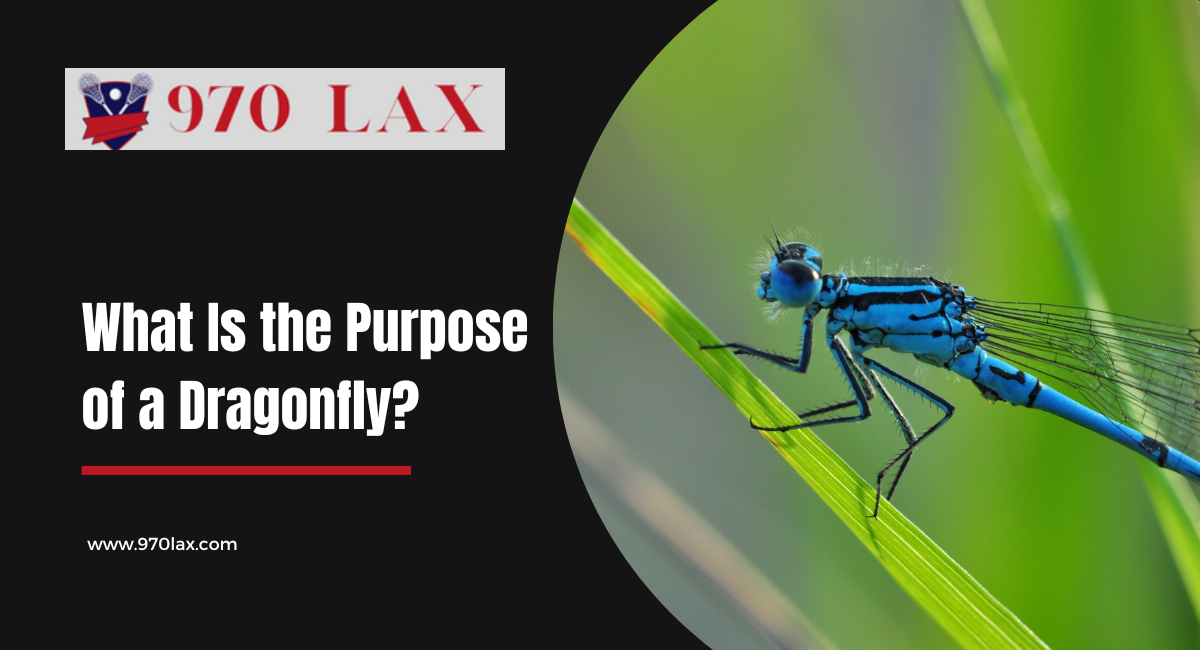The dragonfly, a graceful and enchanting insect, has captured the fascination of people for centuries. With their iridescent wings, agile flight, and striking beauty, dragonflies are often associated with folklore and myths. But beyond their aesthetics, dragonflies serve a critical purpose in the natural world. In this blog, we’ll explore the many roles and significance of these remarkable insects.
Predators of the Skies
Dragonflies are skilled hunters. Their purpose primarily revolves around keeping the insect population in check. They are aerial predators that feed on other flying insects, such as mosquitoes, flies, and gnats. With their exceptional agility and speed, dragonflies play a vital role in maintaining the balance of ecosystems by controlling the populations of potential pests.
Indicator of Environmental Health
Dragonflies are sensitive to changes in their environment, especially water quality. Their presence or absence can indicate the health of an ecosystem. The nymphs of dragonflies live in water, where they are particularly vulnerable to pollution. A decline in dragonfly populations can serve as an early warning sign of environmental degradation and the need for conservation efforts.
A Link in the Food Chain
Dragonflies, both in their larval and adult stages, are essential components of various food chains. Fish, birds, and even larger insects rely on dragonflies as a food source. They transfer energy from one level of the food web to another, contributing to the overall health and stability of ecosystems.
Pollinators
While dragonflies are primarily carnivorous, they also have a role in pollination. Some dragonfly species, like the eastern pondhawk, feed on nectar. As they visit flowers in search of nectar, they inadvertently transfer pollen from one plant to another, aiding in the process of fertilization. While they may not be as efficient as bees or butterflies, their contribution to pollination is still significant.
Cultural Significance
Dragonflies are not only ecologically important but also hold cultural significance in many societies. They have been symbols of change, adaptability, and renewal in various cultures and mythologies. Their appearance in folklore and art reflects their enduring appeal to humans throughout history.
Scientific Study
Dragonflies have also been of great interest to scientists and researchers. Studying dragonflies helps scientists understand aspects of ecology, behavior, and evolution. They serve as a model for studying flight mechanics, vision, and neurobiology, leading to innovations in fields such as robotics and aviation.
Conclusion
In nature, every species, no matter how small, serves a unique and crucial purpose. The dragonfly, with its predatory prowess, environmental sensitivity, and role in maintaining the balance of ecosystems, is no exception. Beyond its ecological importance, the dragonfly has also left an indelible mark on human culture and scientific understanding. The next time you spot a dragonfly, take a moment to appreciate its role in the grand tapestry of life and its significance in the natural world.
Read More: 15 Tips and Techniques for Effective Play and Mastering Defense in Lacrosse












